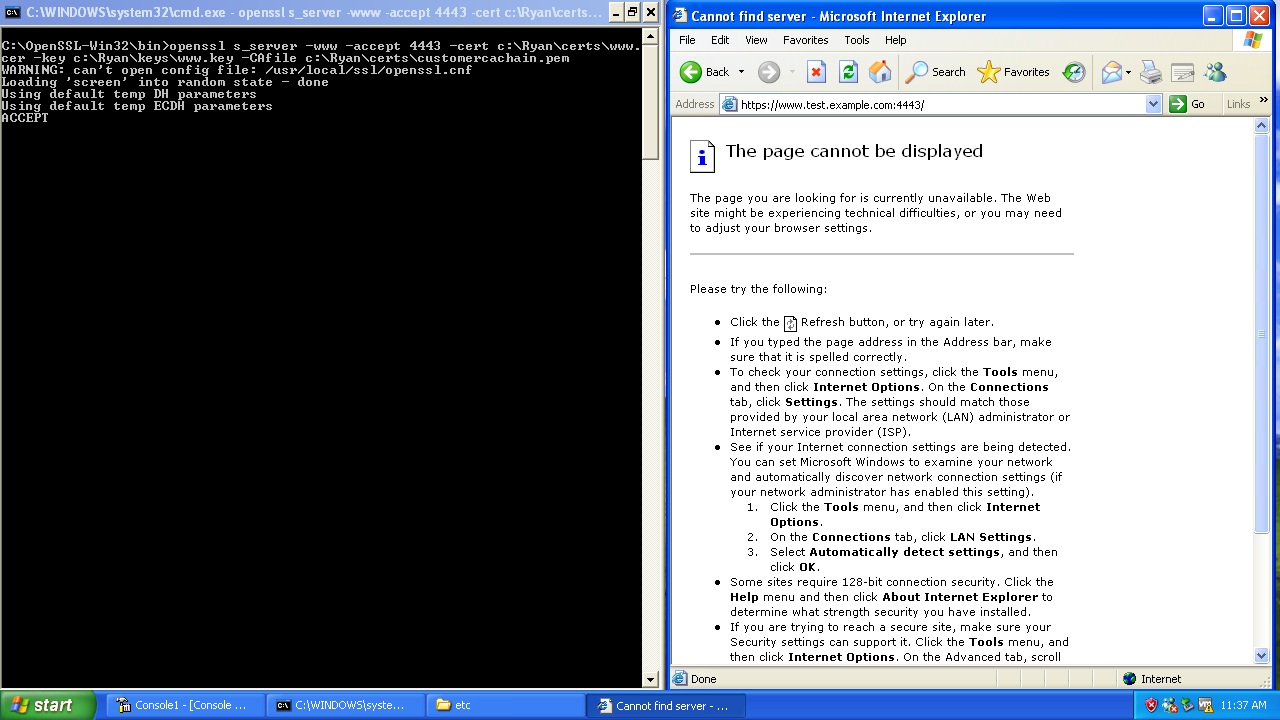Matthew Green, someone I admire, recently did a wonderful post on the NSA announcement deprecating secp256r1 and letting people know they are no longer encouraging further adoption of the Suite B.
As always Mr. Green has put together a well researched article that is a joy to read. I won’t rehash it more than necessary, but I think he missed an angle that deserves some discussion.
Over the last decade (Suite B is over 10 years old) we have seen more improvements in cryptanalysis than you can shake a stick at. This, as his post points out, is important since ECC doesn’t offer much of a margin for error.
“But while the ability to use (relatively) tiny elliptic curve points is wonderful for implementers, it leaves no room for error. If NSA’s mathematicians began to make even modest, but sustained advances in the state of the art for solving the ECDLP, it would put the entire field at risk. Beginning with the smallest of the standard curves, P-256, which would now provide less than the required 128-bit security.”
With hindsight, we can probably say those who advocated its adoption did not fully appreciate this, or how easy and cheap it it is today to get access to massive amounts computing power.
“Did I mention that as part of the recent announcement, NSA also deprecated P-256?”
If I were a betting man, I would say this is why they have deprecated P-256, not due to some conspiracy theory, instead consider, maybe they are simply playing it safe?
But why then stop encouraging the adoption of Suite B all together? I think the answer to this lays, not in some secret knowledge about advancements in quantum computing, but instead is rooted in the reality that after a decade of pushing ECC it’s still seldom used (when compared to RSA).
If the NSA were to spend the next decade pushing Suite B (or more at the current adoption rates) they will have spent tons (of the governments and others) of money along with their credibility. This would also be a more difficult task given the IETFs push for Curve25519. All of which would just be thrown out once they pick their “winner” for a quantum computing resistant algorithm.
The reality is getting the world to upgrade its crypto is hard and takes time. Operating systems applications and protocols are simply not designed for it. Additionally, with the way things are designed today it works out to be mostly an all or nothing process. Just look at how difficult the relatively simple deprecation of SHA1 has been.
I am often the the one who says “You’re not paranoid if they really are out to get you” but in this case I think we’re likely looking at the NSA’s version of pragmatism and not a nefarious plan.
On the other hand, as a friend pointed out this could be a way for them to derail Curve25519, either maliciously or benevolently.
